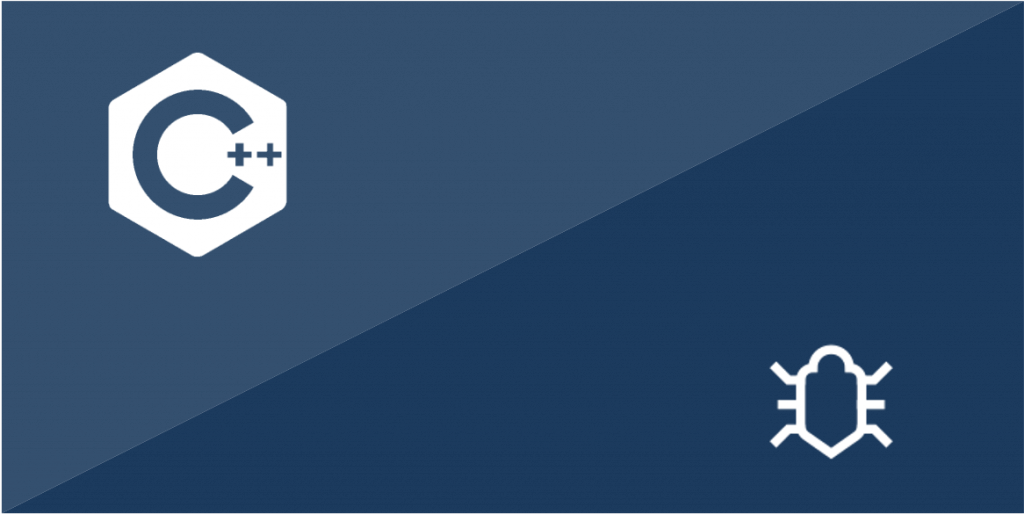Course Overview
Welcome to “Introduction to Errors and Exception Handling in C++,” a comprehensive course designed to help you understand the principles of error management and exception handling in C++. Whether you’re a beginner or an experienced developer, mastering these concepts is critical to developing robust and reliable applications. This course will guide you through the core concepts of catching, throwing, and understanding exceptions in C++, providing a deep dive into error management that will enhance your programming skills.
What You Will Learn
- Introduction to Errors and Exception Handling in C++: Begin your journey by exploring the foundations of error handling in C++, including why it’s essential and how exceptions differ from traditional error-handling methods.
- Catching Exceptions: Learn how to catch exceptions in C++ to handle unexpected situations gracefully.
- Try-catch: Understand the syntax and structure of the try-catch block to capture exceptions.
- Example: try-catch (division by zero): Analyze a practical example that demonstrates how try-catch handles division by zero errors, one of the most common runtime exceptions.
- Throwing Exceptions: Gain insights into the mechanics of throwing exceptions to signal errors and enforce constraints in your code.
- Throw new exceptions (throw-keyword): Learn how and when to use the
throwkeyword to create new exceptions effectively. - Example: throw new exception: See how to create and throw custom exceptions through real-world examples that demonstrate the throw mechanism.
- Throw new exceptions (throw-keyword): Learn how and when to use the
- More About Exceptions: Delve deeper into the standard exceptions provided by the C++ Standard Library.
- C++ Standard Exceptions: Familiarize yourself with the types of standard exceptions that C++ offers, such as
std::exceptionand its derived classes. - Example: bad_alloc exception: Understand the
bad_allocexception, which is thrown when the program fails to allocate memory, and how to handle it. - Example: range_error exception: Explore the
range_errorexception, often triggered by operations that fall outside the valid range of values, and learn to manage it effectively.
- C++ Standard Exceptions: Familiarize yourself with the types of standard exceptions that C++ offers, such as
Who Should Enroll
- C++ Beginners: Individuals new to C++ programming who want to build a strong foundation in error handling and exceptions.
- Intermediate Developers: Programmers familiar with C++ who want to enhance their skills in managing exceptions and writing robust code.
- Advanced Programmers: Experienced developers aiming to refine their knowledge of C++ exceptions and delve deeper into advanced error-handling strategies.
- Software Engineers and Architects: Professionals seeking to design and build reliable C++ systems that effectively manage errors and exceptions.
Join us on this journey through the world of errors and exception handling in C++. You’ll gain the tools and knowledge needed to handle exceptions gracefully, ensuring your programs remain reliable and robust in the face of unexpected conditions.



